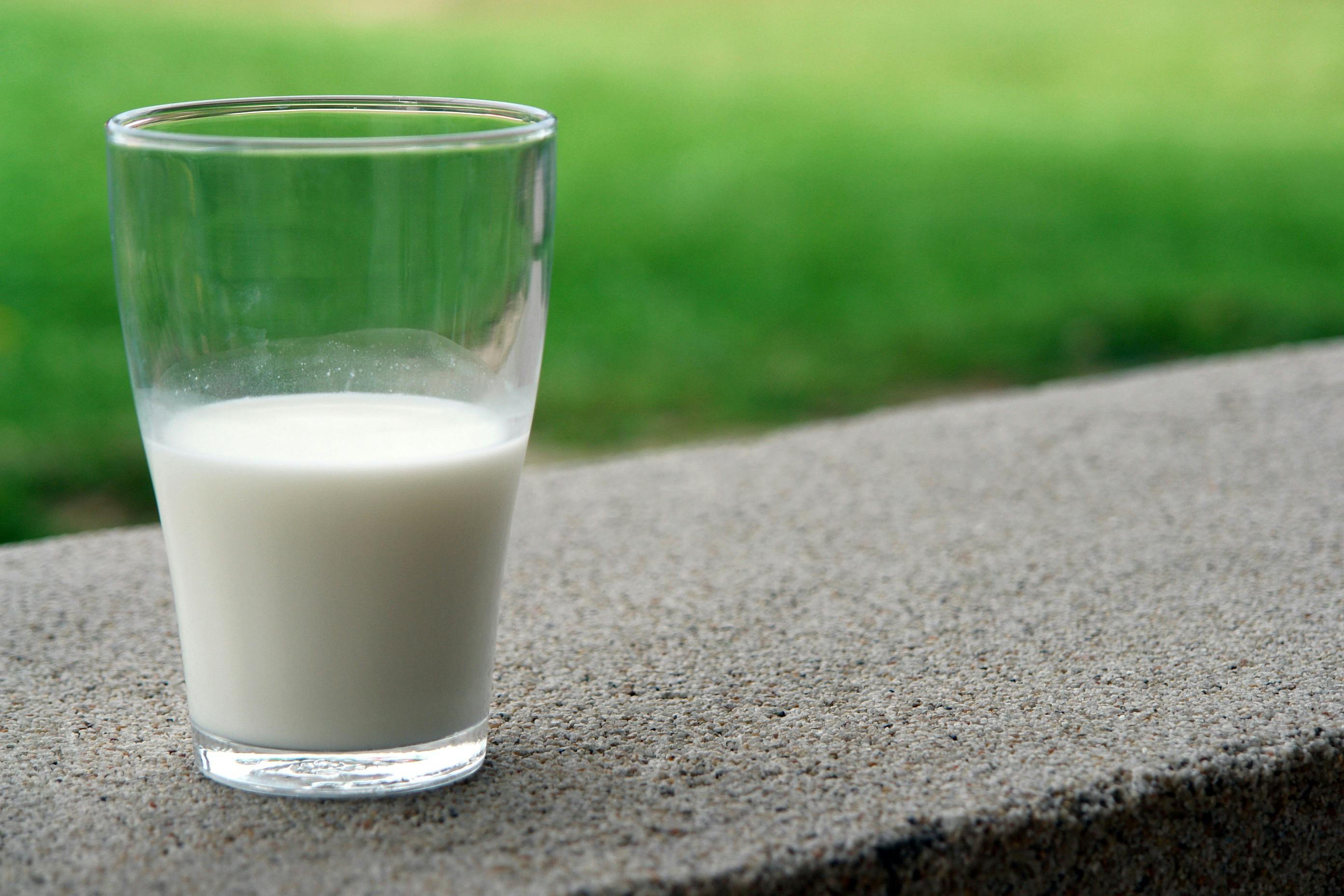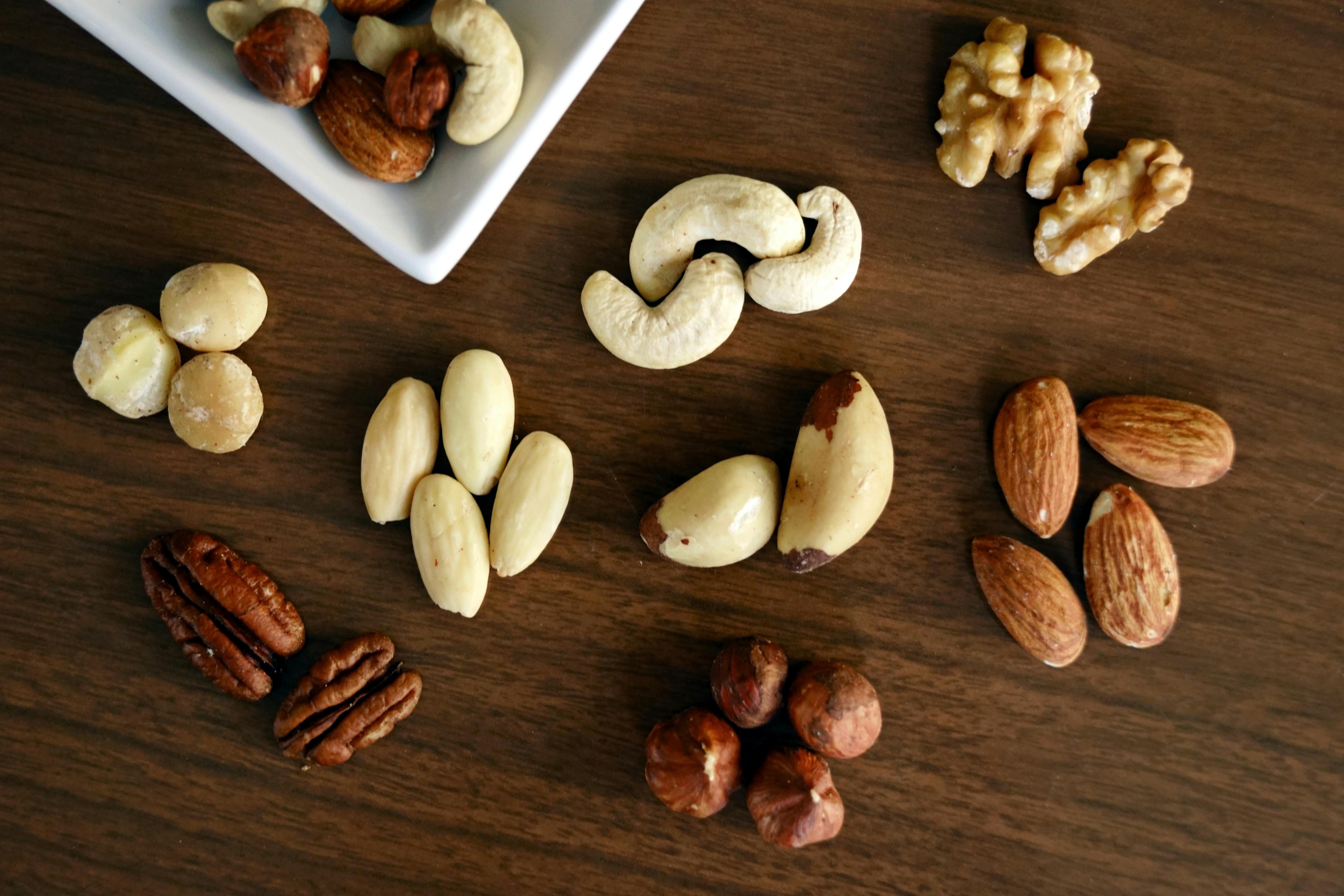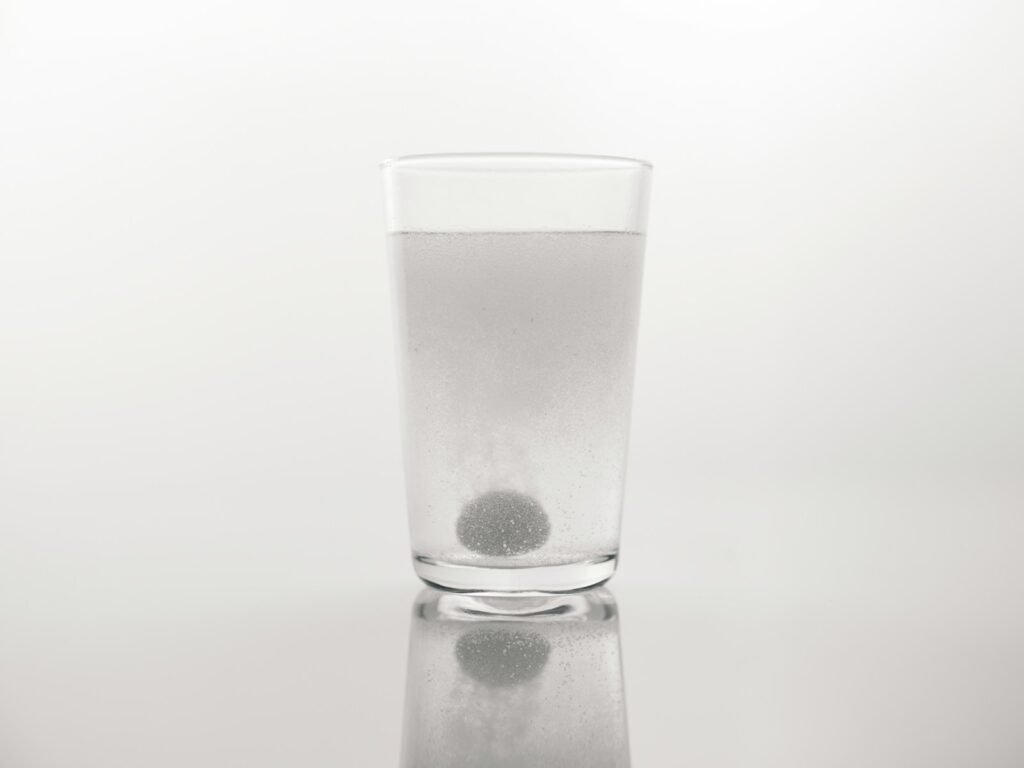 engin akyurt
engin akyurtWhy Calcium Matters More Than You Think
When we think about bone health, calcium almost always comes to mind—and for good reason. This essential mineral plays a starring role in building and maintaining strong bones throughout your life. But here’s the kicker: most of us don’t really know how much calcium our bodies actually need.
You’ve probably heard about calcium since childhood—maybe from your parents encouraging you to drink milk or perhaps from those “Got Milk?” ads. But is milk the only answer? And how much calcium really helps prevent osteoporosis and other bone-related problems later in life?
Let’s dig into the facts and bust some myths about calcium—because when it comes to your health, knowing the right amount can make all the difference.
What Does Calcium Do for You?
Calcium isn’t just about strong bones. Sure, 99% of the calcium in your body is found in your bones and teeth, but the rest plays a critical role in:
- Muscle function – helping muscles contract properly
- Nerve signaling – ensuring brain-to-body communication is smooth
- Blood clotting – aiding your body’s ability to heal
So while your bones act like a “bank” storing calcium, your body is constantly withdrawing it for other needs. If your diet lacks calcium, your body will start taking it from your bones—weakening them over time.

How Much Calcium Do You Actually Need?
Here’s where things get specific. Calcium needs vary depending on your age, sex, and life stage. According to the NIH Office of Dietary Supplements, the recommended daily intake for most people is as follows:
- Children (4-8 years) – 1,000 mg/day
- Adolescents (9-18 years) – 1,300 mg/day
- Adults (19-50 years) – 1,000 mg/day
- Women over 50 and men over 70 – 1,200 mg/day
Why the jump after age 50? As we get older, our bodies absorb less calcium from food. Women in particular are at a higher risk due to hormonal changes during menopause that speed up bone loss.
Too Much of a Good Thing?
Here’s something you may not expect: more calcium doesn’t always mean better bones. In fact, regularly exceeding 2,000 to 2,500 mg per day can lead to problems like kidney stones and impaired absorption of other key nutrients like iron and zinc.
So yes—balance is key. You want just enough calcium, not too much.

Photo courtesy of Pexels.com
Where Should You Get Your Calcium?
If you’re wondering whether a supplement is necessary, the answer depends on your diet. Ideally, you should aim to get most of your calcium from food. Why? Because whole foods contain other helpful nutrients—like vitamins D and K, magnesium, and phosphorus—that all work together for better absorption and bone strength.
Here are some calcium-rich foods to add to your shopping cart:
- Dairy products – milk, yogurt, and cheese are classic sources
- Leafy greens – kale, bok choy, broccoli (but watch out—spinach contains calcium, but it’s bound to oxalates, which reduce absorption)
- Fortified foods – orange juice, cereals, and plant-based milks like almond or soy milk
- Fish with bones – canned salmon or sardines are excellent options
What About Supplements?
If your diet falls short, supplements can help—but they’re not for everyone. According to Harvard Medical School, calcium supplements may slightly increase the risk of heart issues in some people, so it’s a decision best made with your doctor.
If you do use a supplement, look for one that contains calcium carbonate or calcium citrate. And don’t forget: divide your doses. Your body absorbs calcium best in smaller amounts—roughly 500-600 mg at a time.

Photo courtesy of Pexels.com
Tips for Protecting Your Bones Beyond Calcium
Calcium is important, but it doesn’t work alone. Think of your bones like a team effort—it takes several nutrients and healthy habits to keep them strong.
Here are a few more bone-boosting tips:
- Get plenty of vitamin D – This “sunshine vitamin” helps your body absorb calcium. Try getting sunlight for 10–15 minutes most days, and consider a supplement if needed.
- Exercise regularly – Weight-bearing activities like walking, dancing, or strength training help build and maintain bone mass.
- Avoid smoking and limit alcohol – Both can weaken your bones over time.
- Limit excess salt and caffeine – Too much can pull calcium from your bones.
The Bottom Line
Staying on top of your calcium intake doesn’t have to be complicated. It’s all about balance—eat a well-rounded diet, get regular movement, and stay mindful of your body’s changing needs as you age.
If you’re not sure whether you’re getting enough calcium, talk to your healthcare provider. They may suggest a blood test or bone density scan to get a clearer picture of your health.
Remember: Strong bones are built over a lifetime, not overnight. So take small, consistent steps today to support a healthier tomorrow.
Want to Learn More?
Check out the following resources to dig deeper:













